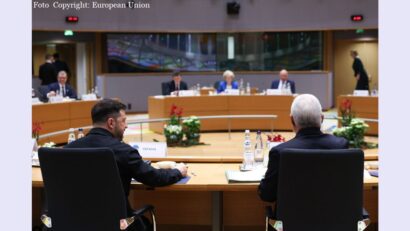International treaty to improve response to pandemics
Romania joins efforts for an international treaty to improve pandemic preparedness and response in the wake of COVID-19, for the sake of future generations.

Leyla Cheamil, 31.03.2021, 13:50
Managing the coronavirus pandemic the world is currently faced with is a huge challenge for the authorities. The world reacts differently to the new reality, in an attempt to adjust to situations generated by the measures taken to limit the spread of the virus. For this reason, the World Health Organisation and leaders from 23 countries, among whom the President of Romania, Klaus Iohannis, supported the proposal to sign an international treaty whose main goal would be to foster a comprehensive approach to strengthen national, regional and global capacities and resilience to future pandemics.
The idea of a treaty ensuring global and equitable access to vaccines and medicines in case of pandemics was first launched by the European Council President, Charles Michael, at the Paris Peace Forum in November 2020. On Tuesday, he received the official support of leaders from 23 countries, among which France, Germany, the UK, Spain, Serbia and Ukraine. “Through this treaty, our main goal is to foster a comprehensive approach to better predict, prevent, and respond to pandemics, to strengthen global capacities and resilience, to ensure fair access to medical solutions and to bolster international alert systems, data-sharing, and cutting-edge medical research, “Charles Michael said in a news conference posted on the European Council s website.
The treaty would set out the objectives and fundamental principles in order to structure the necessary collective action to fight pandemics. It would focus on early detection and prevention, resilience and response to any future pandemics, in particular by ensuring universal and equitable access to medical solutions, such as vaccines, medicines and diagnostics. A stronger international health framework is thus proposed, with the World Health Organisation as the coordinating authority on global health matters, for a “One Health” approach that connects the health of humans, animals and the planet.
An international treaty on combating pandemics would be a universal instrument which could take the form of a framework convention under the WHO constitution. The treaty would be adopted by the WHO member states, gathered at the World Health Assembly. Once adopted at international level by the assembly, the treaty would have to be ratified by a requisite number of countries in order to come into force. It would only become legally binding for those countries that ratify it at national level. According to WHO, the Treaty may be ready for signing in May. (EE)






























